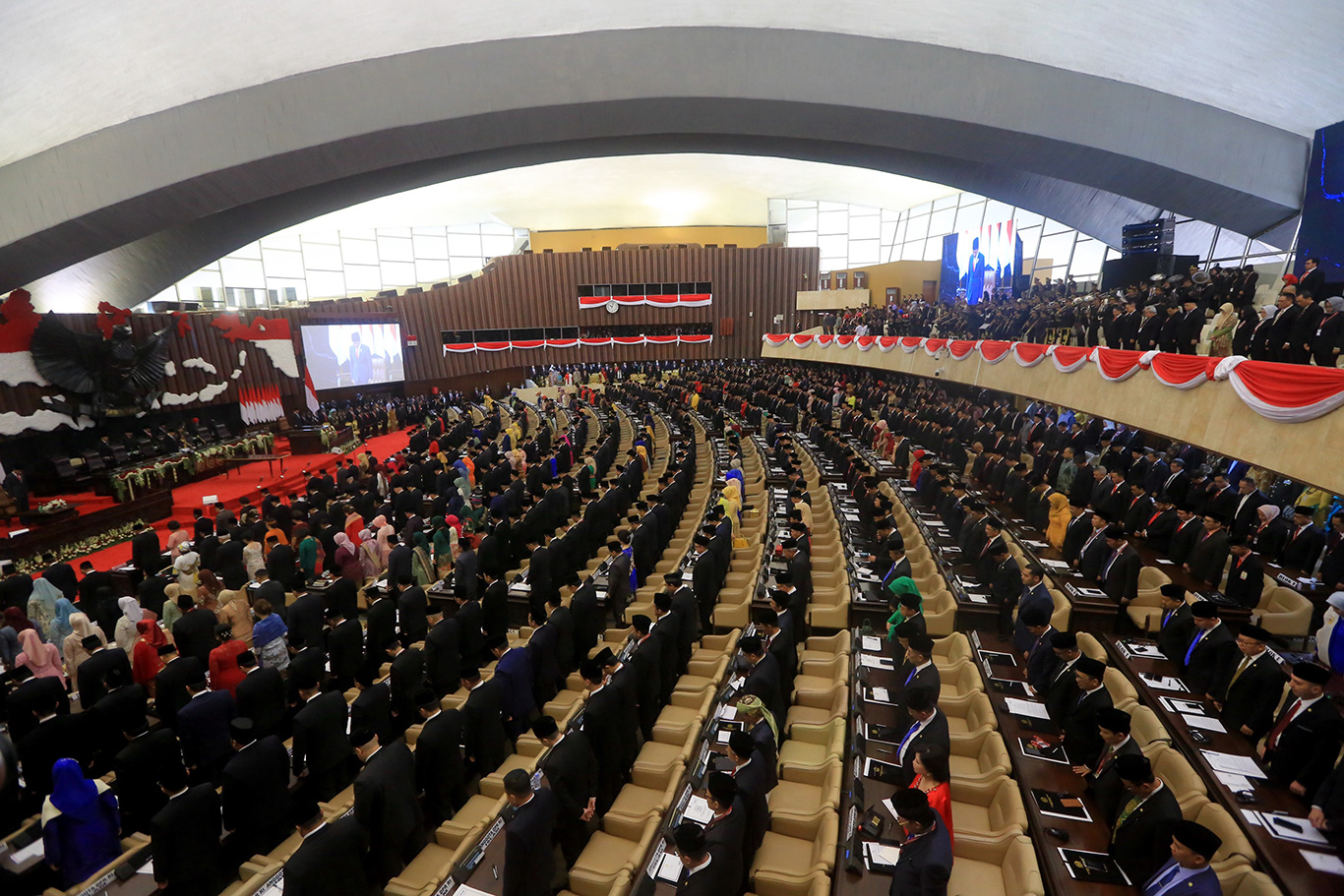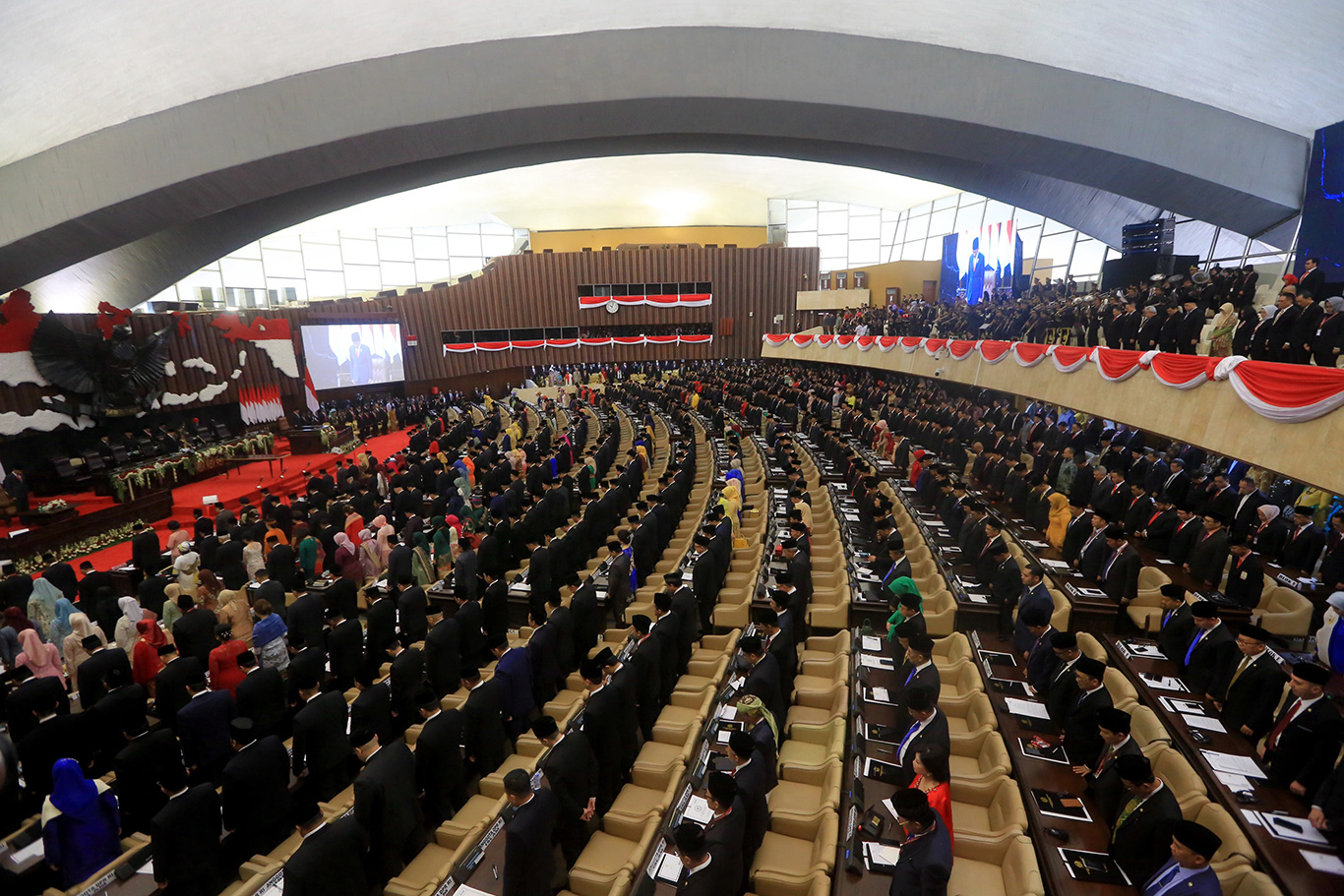Popular Reads
Top Results
Can't find what you're looking for?
View all search resultsPopular Reads
Top Results
Can't find what you're looking for?
View all search resultsPolitical overhaul would usher in more young politicians with integrity
Of the 72 young candidates elected for the 2019-2024 period, half of them had family ties to the local or national political elite.
Change text size
Gift Premium Articles
to Anyone
O
ur history shows how young people have played an important role since the national awakening movement, notably through the Youth Pledge of Oct. 28, 1928, which issued recognition of the archipelago’s disparate people, cultures and languages as “Indonesian”. Their movement is portrayed among others in the work of Benedict Anderson's Java in a Time of Revolution and Pramoedya Ananta Toer's Earth of Mankind tetralogy.
However, how important has the role of youths been in our politics 91 years after the Youth Pledge?
Despite all that glorious history, the role of the young generation in formal political institutions such as the House of Representatives is still poor.
First, the data shows that young politicians who qualify as the people's representatives experienced a decline in the 2019 general elections. There are only 72 young legislators aged 40 years and under. This means that only 12.5 percent of the total 575 House members are young people. This shows a decrease from the 2014-2019 period, when 92 out of 560 members of the House, or 16.4 percent, were 40 years of age or under, as Kompas reported on Aug. 12.
Second, the lack of young lawmakers further adds doubts to their meaningful influence in lawmaking. For instance, in the recent revision of the Corruption Eradication Commission (KPK) Law, one controversy was that prospective KPK members must be at least 50 years old. If the young candidates in the House wanted to change the provision by lowering the minimum age limit to 40 years, the 12.5 percent of young lawmakers would lose out to the older majority of nearly 90 percent.
Third, of the 72 young candidates elected for the 2019-2024 period, half of them had family ties to the local or national political elite. As many as 36 candidates were suspected to be children, wives, sons-in-law or grandchildren of the elites, Kompas researchers found. This fact will make them feel indebted to the patrons or seniors who gave them access to the political world. This certainly will be another constraint to their possible breakthroughs in lawmaking and bring new traditions to our legislative bodies and our democracy.
Why do we have a deficit of young legislators? There are several factors that explain this situation.


















